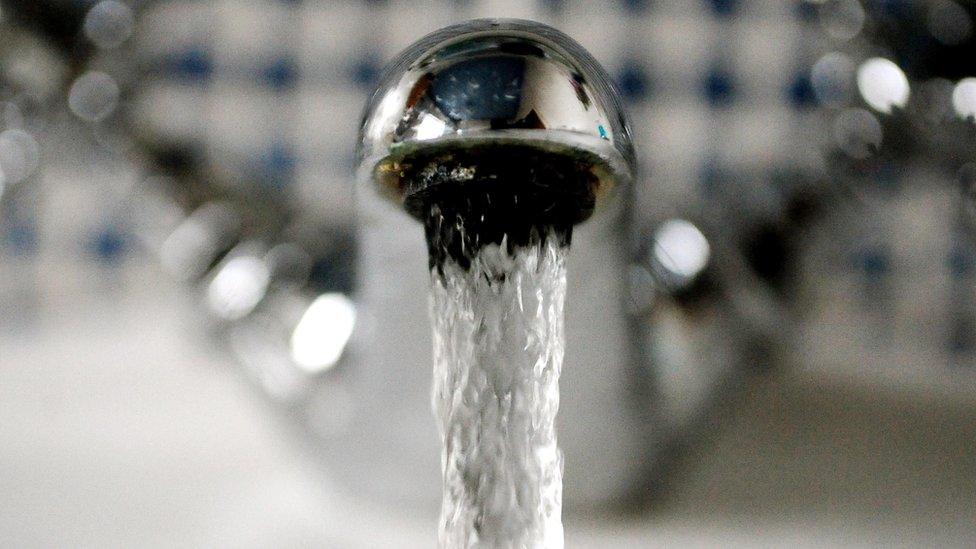Jersey PFAS study 'will take at least a year'
- Published
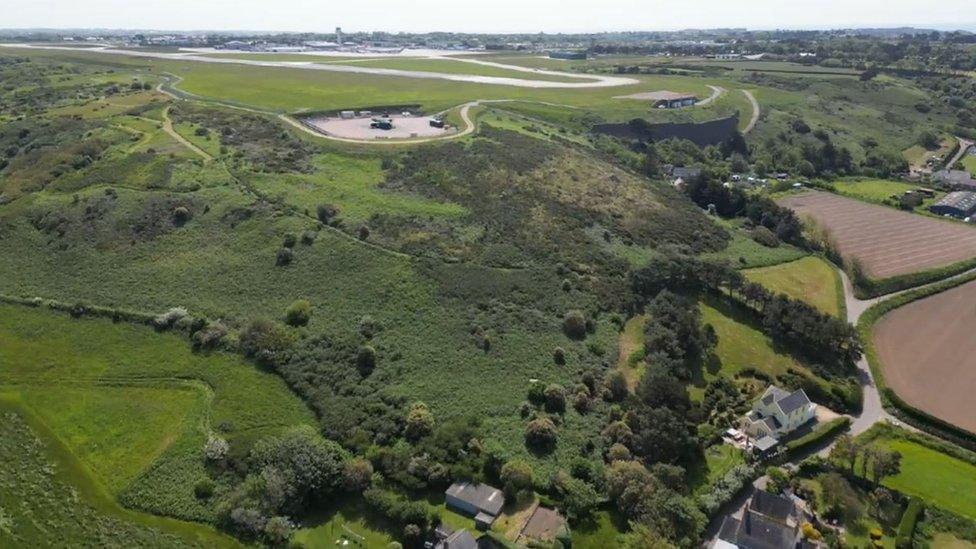
Firefighting foam leaked into the area beside the airport's fire training ground
A study into potentially harmful chemicals in private water boreholes in Jersey will take at least a year, the Environment Department (ED) says.
PFAS, used in firefighting foam, leaked into the area beside the airport's fire training ground in the early 1990s.
Residents who believe their health was affected by the chemicals after they got into drinking water supplies are considering a group legal action.
The government aims to drill boreholes at St Brelade in a survey of the area.
PFAS [perfluoroalkyl and polyfluoroalkyl substances] are known as "forever chemicals" because they take a long time to break down, which some researchers have linked to serious health conditions including cancer.
PFAS chemicals are found in small quantity in most people's blood, but research is ongoing to determine if higher levels can lead to health problems, external.
'Building a picture'
Tim du Feu, from the ED, said some data had already been collected but further work was under way.
Mr du Feu said members of the Natural Environment Team were "going out and sampling about 60 locations" in hydrogeological surveys.
He said: "They'll be at private boreholes to get groundwater, their steams, their ponds; to build up a picture of the size of the plume, its migration and the risk poses in future."
Some drilling work is due to be taking place in a Site of Special Interest (SSI), but it is understood the ground will be reinstated afterwards.
After the foam was confirmed in 1993 to be in drinking water, Jersey's government and the airport, which it owns, stopped using it, and offered to install new boreholes for affected residents.
However, people living in the area said they believe contaminated water had damaged crops and caused ongoing serious health issues.
Blood tests of residents were carried out last year and a majority had elevated levels of a PFAS compound.

Follow BBC Jersey on Twitter, external and Facebook, external. Send your story ideas to channel.islands@bbc.co.uk, external.
- Published3 August 2023
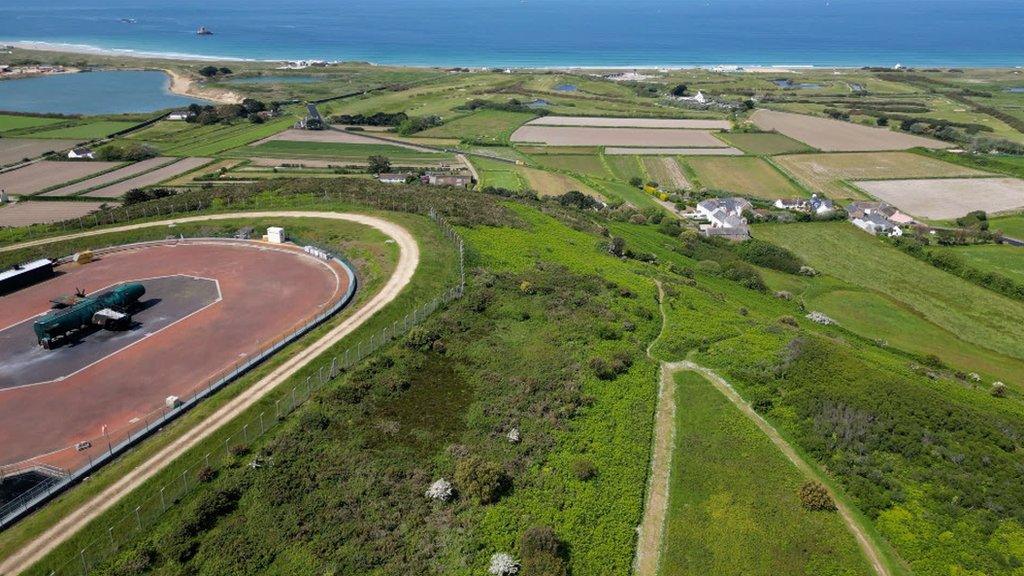
- Published3 August 2023
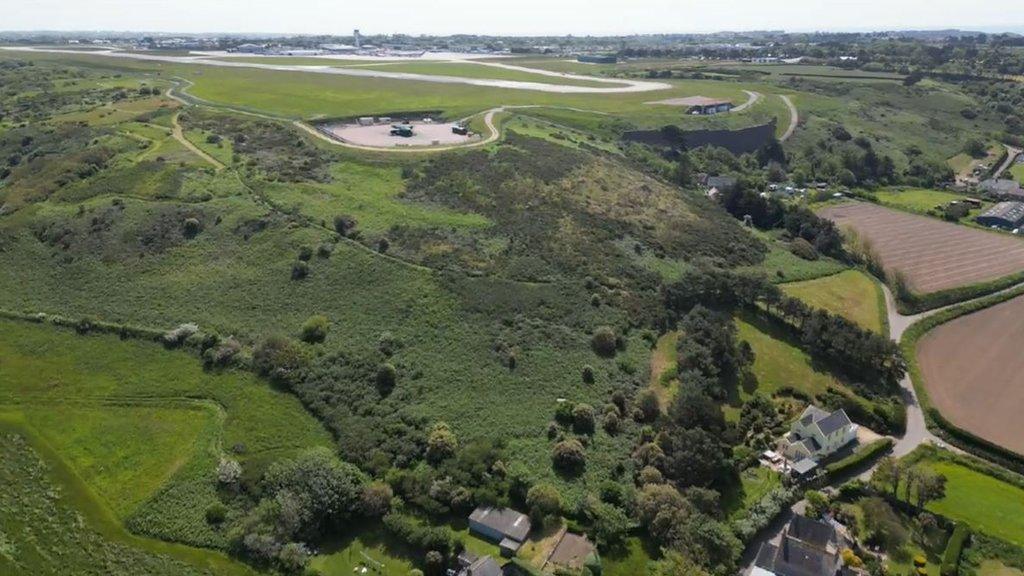
- Published5 June 2023
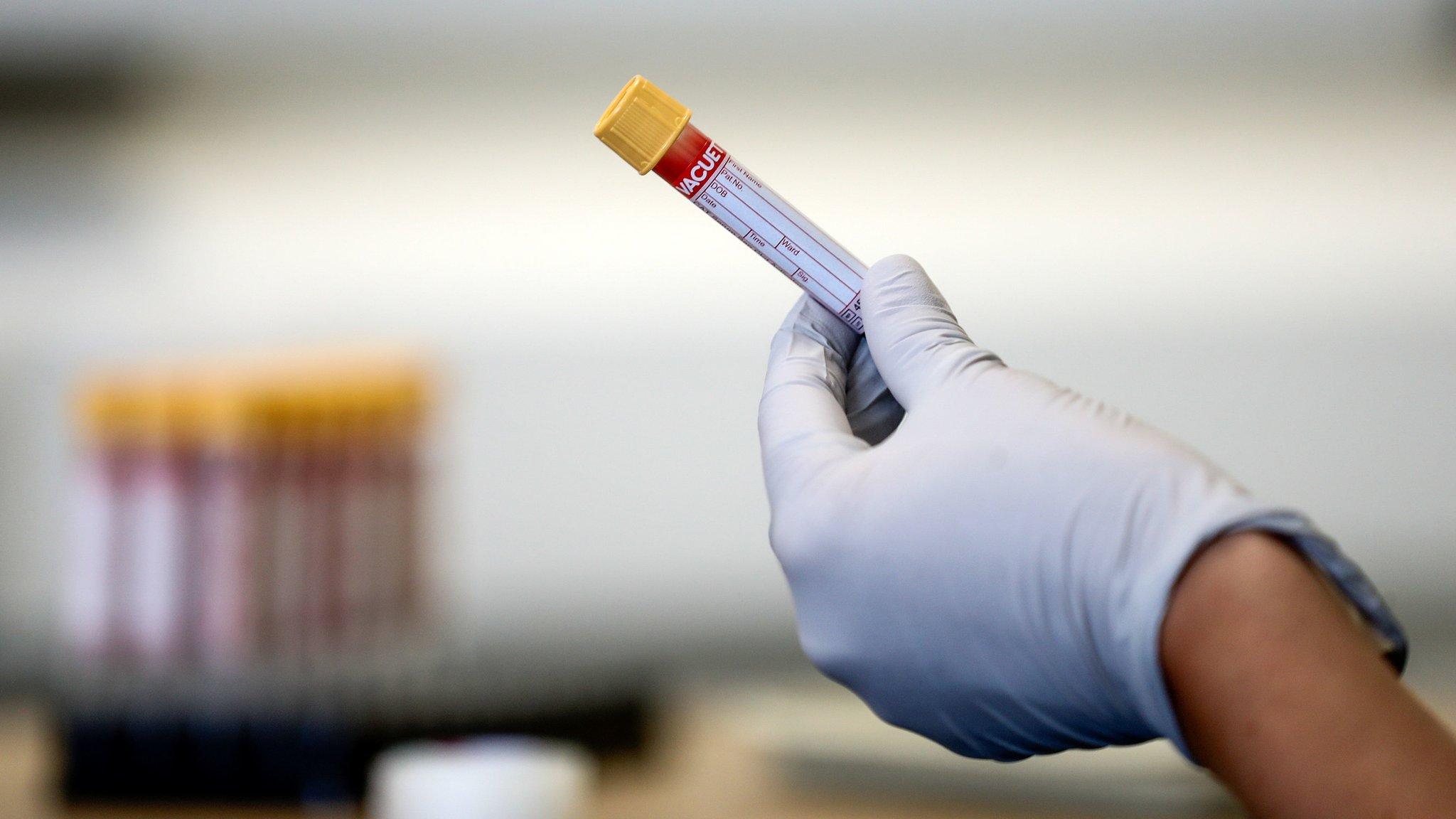
- Published17 March 2023
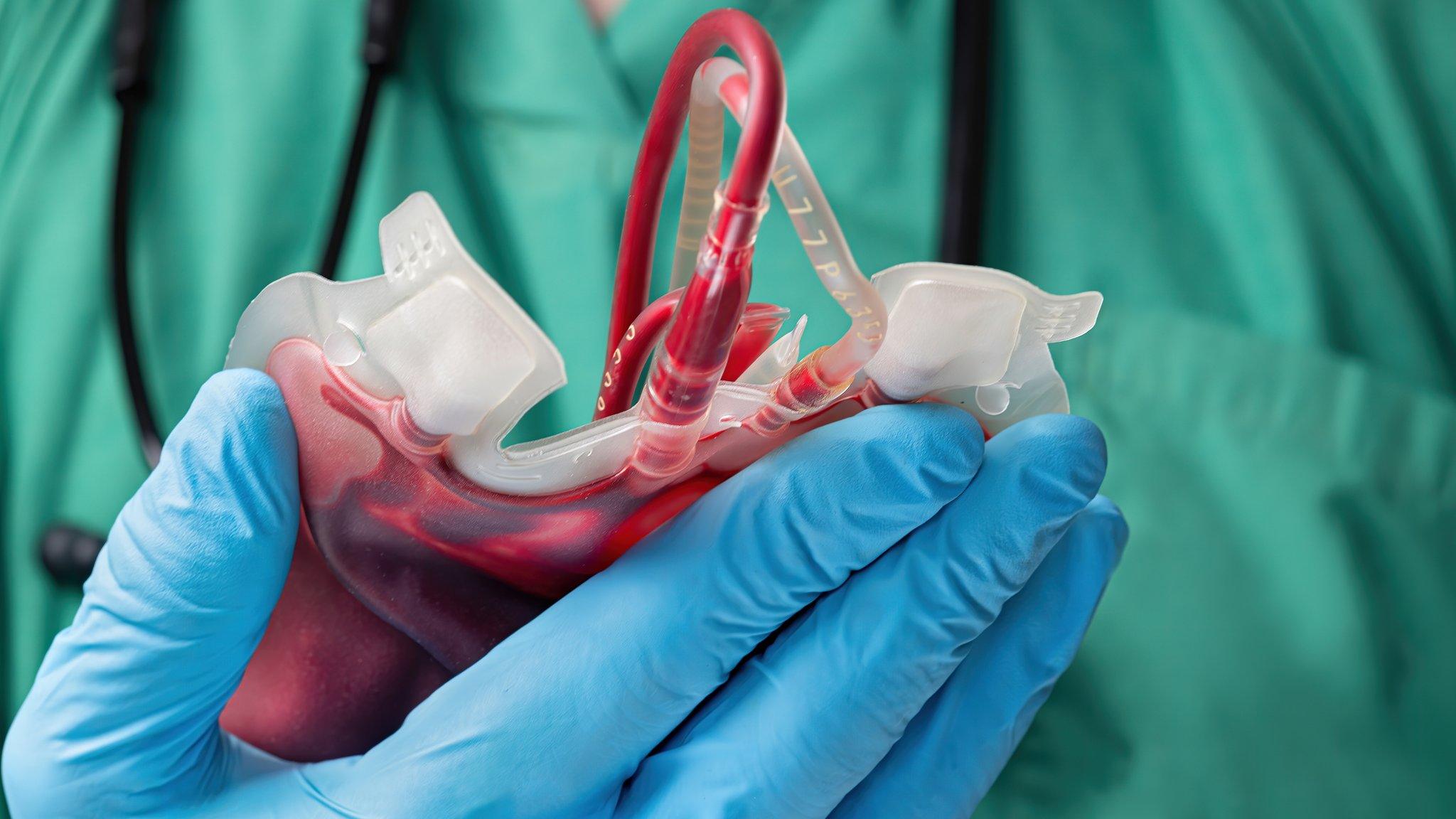
- Published3 March 2023
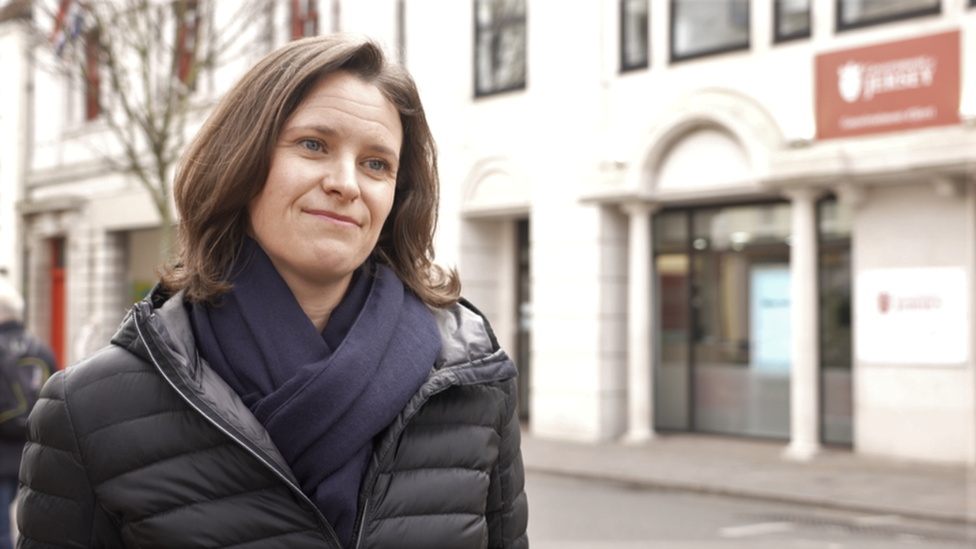
- Published18 October 2022
